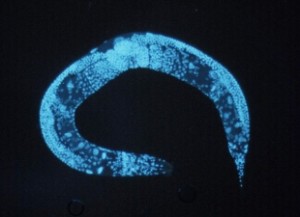
Increased Neuronal Activity Shortens Lifespan in Animals
A study of nematode worms, mice, and humans indicates that, across the animal kingdom, with aging comes more neural activity and when this natural increase

A study of nematode worms, mice, and humans indicates that, across the animal kingdom, with aging comes more neural activity and when this natural increase
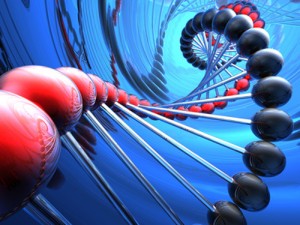
Doctors, scientists, insurers, biotech companies. and patients themselves have long sought to be able to accurately predict (and extend) an individual’s longevity. And given the

A study published today (June 3) in Nature Medicine confirms previous reports that a variant of the gene CCR5 that protects against infection by HIV
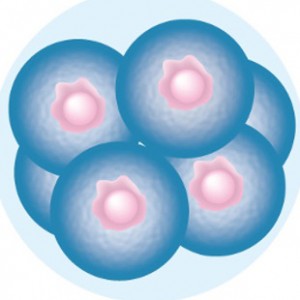
The estimated “natural” life span of humans is ∼30 years, but improvements in working conditions, housing, sanitation, and medicine have extended this to ∼80 years

In the 1990s, pharmacologist Dave Sharp of the University of Texas’s Barshop Institute for Longevity and Aging Studies in San Antonio was studying mice with
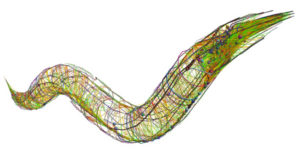
Abstract Transient increases in mitochondrially-derived reactive oxygen species (ROS) activate an adaptive stress response to promote longevity. Nicotinamide adenine dinucleotide phosphate (NADPH) oxidases produce ROS
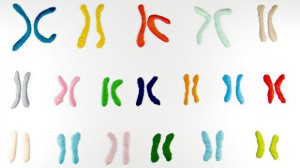
Last year, Elizabeth Parrish, the CEO of Seattle-based biotech firm BioViva, hopped a plane to Colombia, where she received multiple injections of two experimental gene
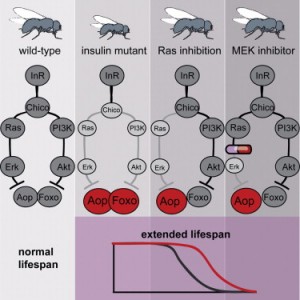
Identifying the molecular mechanisms that underlie aging and their pharmacological manipulation are key aims for improving lifelong human health. Here, we identify a critical role
Created by ePubSystems. Contact Us for similar site for your university or institute.